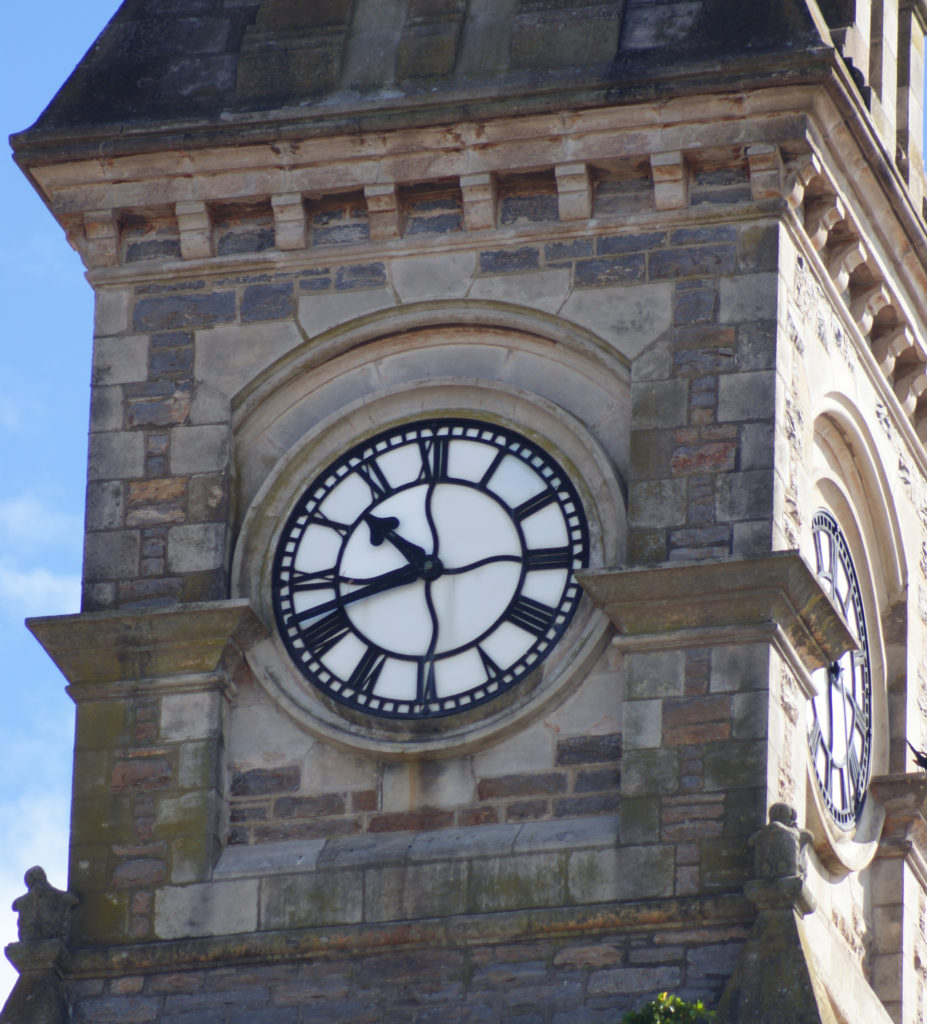While Arts and Culture Minister Nathi Mthethwa has praised an “active citizenry” for speaking up about their objections to changing Grahamstown’s name to Makhanda, the Keep Grahamstown Grahamstown campaign has disputed his statement that only 332 objections were received and are preparing to take the matter to court.
In a statement issued Tuesday 7 August, Mthethwa said he had received just over 300 letters objecting to the gazetted name change of Grahamstown to Makhanda.
On 29 June 2018 the Minister of Arts and Culture published in the Government Gazette No 41738 the approval of “Grahamstown” to “Makhanda” after receiving recommendation from the South African Geographical Names Council (SAGNC). To date, the Minister said in the media release, 332 complaints had been received.
“Most, if not all, have made allegations of lack of consultation, cost implications, historical sentiments and the claims that the Government Gazette on the 29 June 2018 was defective because it did not state the fact that the public had one month to object or complain to the Minister on his 29 June 2018 decision,” Mthethwa said.
Responding to the last, Mthethwa said any notice pertaining to geographic name changes was meant to be read with the South African Geographical Names Act, 1998 (Act 118 of 1998), Promotion of Administrative Justice Act, 2000 (Act 3 of 2000) and the Constitution of the Country.
“The recourse in any administrative decision is clearly provided for by all these authoritative guiding documents,” Mthethwa said.
However, the KGG says the objections in fact numbered around 10 000.
In a statement on 8 August, joint co-ordinators Jock McConnachie and Sigudlo Ndumo said the KGG’s submission alone incorporated approximately 10 000 individual objections – “each of which requires to be considered by the Minister”.
“We are also aware of at least 500 separate email objections that were submitted directly to the office of the Minister and were copied to KGG,” they said. “Those emails were in addition to the hundreds of email submissions already received by KGG previously and which are also included in the KGG’s submission.”
The KGG said the relevant legislation also required that the Minister must consider every individual objection and provide reasons for accepting or rejecting those submissions. They said some objectors had been advised by the office of the Minister of Arts & Culture that their objections were referred to the South African Geographic Names Council (SAGNC).
“That would be a further irregularity in addition to all of the other irregularities that have already occurred,” the KGG said.
They said they were preparing for a possible court matter and had advised the Minister of their intention to seek a personal costs order against the officials concerned, including the Minister himself, “for their reckless conduct of the matter”.
In his statement the previous day, Mthethwa said Section 10 (3) of the South African Geographical Names Act, 1998 provided that “Any person or body dissatisfied with a geographical name approved by the Minister may, within one month from the date of publication of the geographical name in the Gazette, lodge a complaint in writing to the Minister”.
“Section 10(4) of the Act further states that ‘the Minister may refer the complaint to the Council for advice whether or not to reject or amend a geographical name so approved’,” Mthethwa said.
“It is the Minister’s considered view that those who have written to him to object to the gazetted name change have displayed the positive traits of an active citizenry,” the Minister said.
“It is heartening to know that South Africans understand that ours is a participatory democracy where they can raise objections and their “voices” to be heard. They have now made their voices heard in these letters, and all 332 letters will be read, acknowledged and responded to. Thereafter, in compliance to Section 10 of the stipulated Act, I will refer each objection to the South African Geographic Names Council for advice in order to take an informed decision in finalise this matter.”


